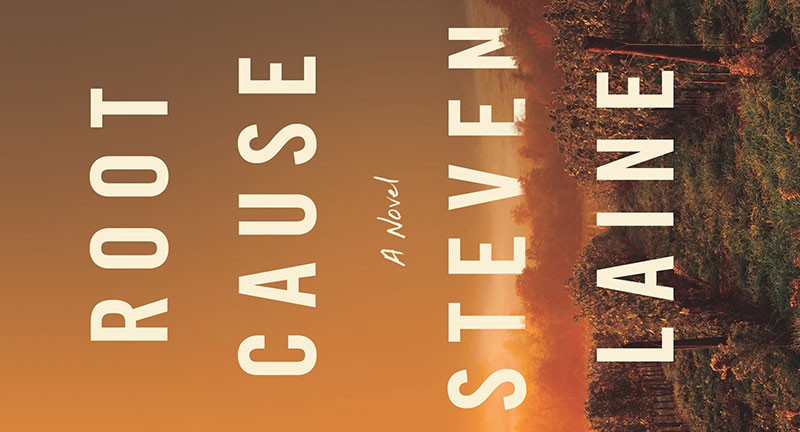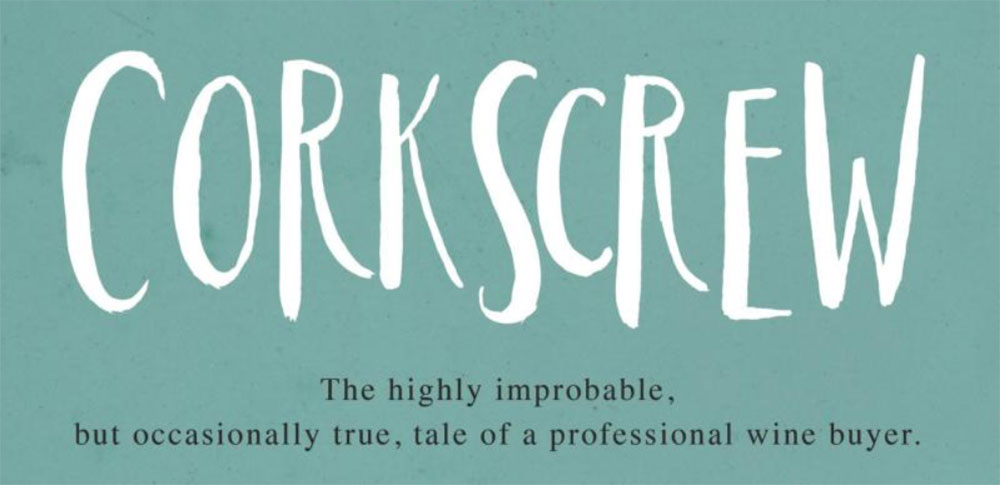A friend of mine likes to keep his winery staff on their toes during harvest and so he plans little oddball side projects in addition to the main winemaking. One year, they made some ancestral (pét-nat) wines. Another year was a blanc de noir out of red Grenache. And then there was one other year where they made a fruit “wine”. I have to say that after trying it, I wasn’t a terribly huge fan as it seemed they used the innate fruit sugars to make the “wine” and the […]


